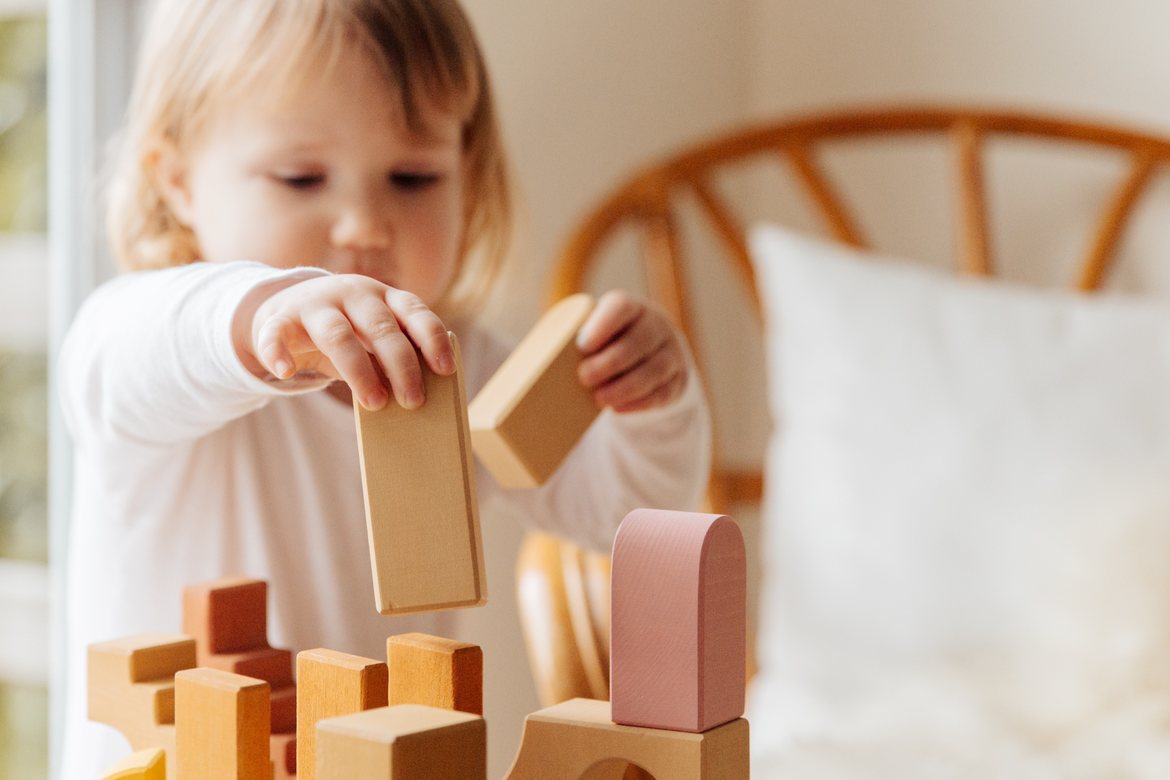By Jane Marsh
Plastic is everywhere. It ends up in landfills, the sea and ultimately, it infiltrates our daily lives. According to Statista, 367 million metric tons of plastic is the estimate of global plastic production in 2020.
Plastics are not only becoming problematic for the environment, but they’re also affecting our health. The everyday plastic products that we use can potentially contain toxic chemicals, which end up in our systems. In fact, one study found that plastics release more poisonous chemicals throughout their lifecycle than was previously thought.
However, scientists do not entirely understand how harmful these chemicals are to human health. Researchers have tested these chemicals in various ways that are different from how people mostly come into contact with them.
Yet, what we know about how plastic affects humans leads us to remain concerned until proven otherwise. So, here are some of the chemicals you’ll want to be sure to avoid when possible.
Plastic is everywhere. It ends up in landfills, the sea and ultimately, it infiltrates our daily lives.
Chemicals to Avoid in Plastic
PFOA
PFOA (Perfluorooctanoic acid) is a chemical most commonly found in plastic packaging of cosmetics, food and other consumer products. Multiple studies show that PFOA can be harmful to humans. The effects show that high levels of exposure can cause:
- Kidney and testicular cancer
- Liver damage
- Thyroid disease
- Problems to breastfed babies, fetuses and children
- Ulcerative colitis
- Blood pressure changes in pregnant women
- Cholesterol changes
Efforts are being made to decrease the levels of PFOA. For instance, companies outside the U.S. are working to eliminate PFOA worldwide. Additionally, some major companies in the U.S. made and used the chemical. However, they stopped making it in recent years.
Although work is being done to ensure PFOA levels in people are lower, it’s important to be aware of where it’s hiding in consumer products.
Phthalates
Phthalates are a harmful substance found in baby products and soft plastic toys. The chemical toxin is an endocrine disruptor linked to reproductive issues in baby boys, fertility reduction, asthma and more. Phthalates not only affect the body’s hormonal balance but are also linked to the growth of certain cancers.











